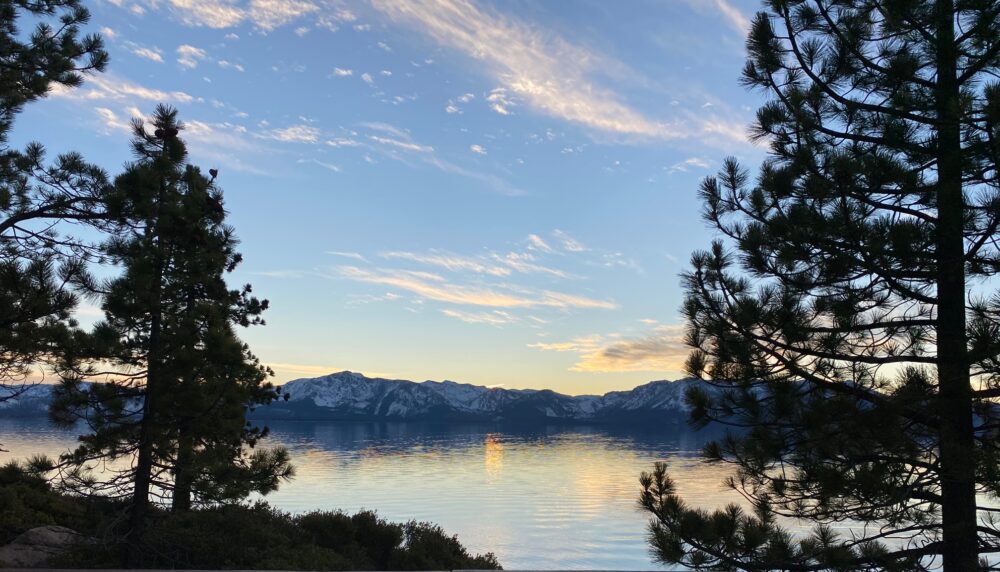In preparation for our Christmas series, “O Holy Night,” I’ve been studying the Inter-Testamental period (a.k.a. the 400 years of time between the book of Malachi & the Gospels) leading up to the birth of Jesus Christ. Part of the reason I’m wrestling through this is that I love exploring the history & context of Scripture; another reason is that this time period is often referred to as “God’s Silence.” That grabbed me. WHY is it called that?
Well, there was no prophetic literature added to the Scriptures during this time; no insights, visions, or directions recorded from God to His people. Israel had been scattered from the Promised Land in 583 B.C. (see 2Chronicles 36 for the story,) & had experienced oppression & persecution from Babylon, the Medo-Persians, various Greek empires, & finally, Rome. Throughout the 400+ years, Israel suffered, attempted to rebel to gain their freedom, were put under occupation & dominion over & over, & at no time is there a record of God addressing His peoples’ plight, let alone stepping into the situation to bring deliverance & redemption.
Was God really silent during these years? Was He just letting Israel twist in the wind as a payback for their hundreds of years of disobedience, unbelief, grumbling, & serving idols & other gods?
I say, “No.” Here’s why.
Even though there wasn’t any prophetic messages added to the Bible during this time, & even though Israel endured terrible persecution & unmentionable ordeals at the hands of their enemies, the LORD God’s “mighty hand” & “outstretched arm” were very clearly & powerfully at work:
- Throughout centuries of bloody & terrible war between ruthless rival empires, wars over possessions, resources, & strategic territories, God protected His people, keeping them from repeated attempts to annihilate them (read the book of Esther for one such account.)
- God used the evil of Alexander the Great’s greed & quest for world domination for good as Alexander brought the known world together, from the East to the West, under a common culture, Hellenism, & a common language, Greek.
- This common culture & language, coupled with a dictator’s desire to create the greatest library with the best books on the planet led to the translation of the Hebrew Scriptures into Greek (called the Septuagint) at Alexandria, thereby making God’s Word readable & accessible to all Greek speakers/readers on the planet. The Septuagint Greek Scriptures were what was used when the Old/First Testament was quoted in the New Testament by the apostles & disciples.
- God used Augustus Caesar, the murderous & tyrannical self-proclaimed “Prince of peace” to bring about the “Pax Romana” a period of relative peace (enforced by soldiers & the Roman war machine) which helped create the relatively stable time period into which Christ was born.
- And there’s much, much more.
I hope you can begin to see where God is at work, behind the scenes, between the lines, in the activities of the pagan nations, in the middle of the oppression of His people, in order to bring ultimate deliverance to humanity: relationship with God, forgiveness of sins, reconciliation with God & man through Christ Jesus our Lord.
During this coming Christmas season, especially in the areas of difficulty & throughout the times of silence, be on the lookout for God at work in, through, & around our lives. Because He’s always at work.
Even in the silence.
